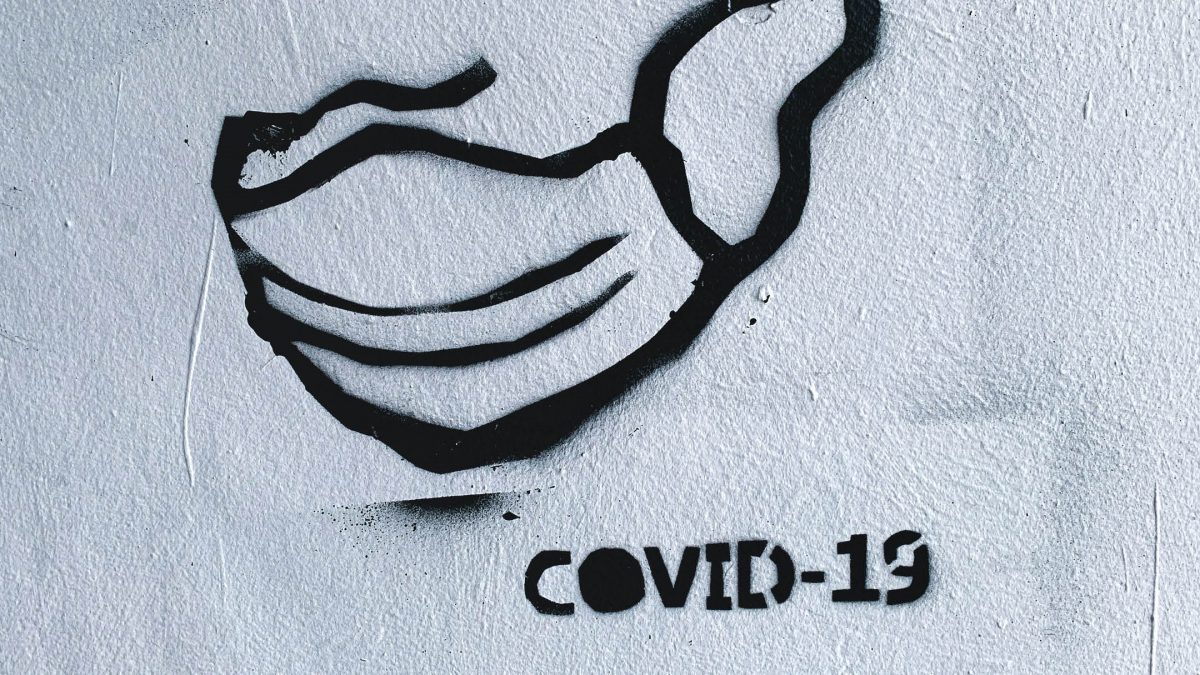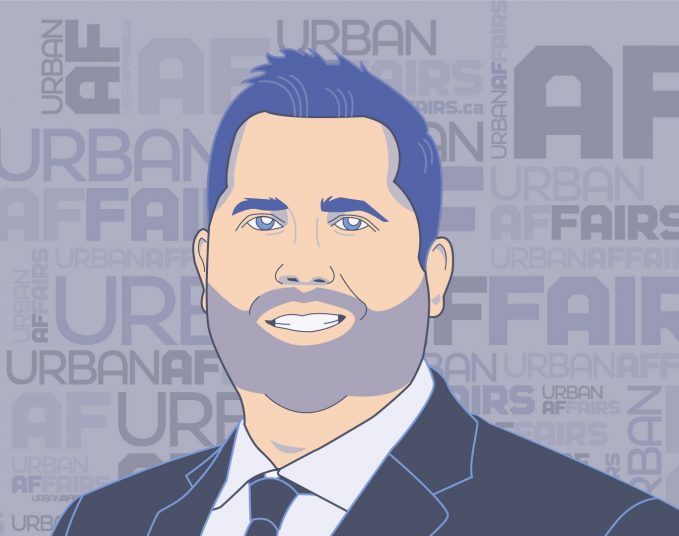I’m proud to live in Edmonton. It’s a place where people from all over the world — escaping war, poverty and privation — can come and build better lives for themselves. My family is no exception; my dad came here in 1960 from Denmark. But, lately, there has been a rising complacency about the coronavirus that has me greatly concerned.
According to City of Edmonton statistics, COVID-19 cases hit a low on March 8 with just 15 reported in the city. But, since then, the numbers are swinging upwards. There were 59 cases reported in Edmonton on April 12.
In February, the Provincial Government announced public health orders would be eased through a three-step plan. The Restriction Expemption Program was cancelled. Premier Jason Kenney said: “Our approach to COVID must change as the disease changes.”
“We cannot remain at a heightened state of emergency forever,” the premier said, “We have to begin to heal, and so Alberta will move on.”
As a person at risk of severe outcomes if I contract the virus, with a father in his 80s, who is at even greater risk, I feel mask mandates — and, perhaps, even greater measures —need to be kept in place.
Alberta’s Chief Medical Officer of Health, Dr. Deena Hinshaw said, “…we cannot continue to use restrictions in the long term, once the risk of system overwhelm has passed.” But the easing of provincial restrictions will cause many people feel they can now ignore even the most basic of precautions, including masks and social distancing.
I live with a chronic mental illness and I also have type two diabetes. Since I learned diabetics are at greater risk of getting seriously ill from COVID-19, I jumped at the chance to get my vaccinations. But, together, they are still not an iron shield protecting me from the virus. I am still at risk.
Yet, many Edmontonians I’ve interacted with in my work, or in situations like waiting in line at the post office or supermarket, have been vocal that vaccinations are dangerous or unproven; they refuse to get them, even though medical professionals have assured the public they reduce hospitalizations and deaths.
I have also spoken with people who said they haven’t met anyone who has gotten sick with COVID-19 and feel it is “fake news.” But I know many who had the virus, including a relative’s family and a close friend’s father who died because of it.
Recently, missing the sensation of taking a hot steam bath and then taking a jump into cool water, I put aside better judgment and went to my local pool. I was angered to see the security guards in the facility were only making feeble attempts at wearing masks, having them barely over their mouths and under their noses. How could those in positions of authority be so careless? Why were they even there if not to enforce restrictions put in place by the fitness facility? But with my illness, which includes severe anxiety, I felt too paranoid to say anything — so I kept my opinions to myself and went on into the pool.
In the pool, no one wore masks, but signage indicated everyone should keep two metres between themselves and other patrons. Very few people were doing this and, right after I sat in an open section of the hot tub, two people sat near me. I didn’t want to appear rude, but, in this case, I felt it was important to distance myself.
I was left with a feeling of powerlessness and guilt.
I went into the steam room and patrons were discussing what was a safe amount of time to remain in there. I mentioned a close friend had recently suffered a stroke after being that same steam room. A woman suggested his stroke was the fault of the vaccine despite not knowing him or anything that had happened. (My friend had told me the cause was a build-up of plaque in his carotid artery.)
I just let it go and tried to enjoy the soothing feeling of the hot steam.
I currently have a job teaching creative writing in an institution. Just recently there was an outbreak of COVID-19 that forced a shutdown of the wing in which I work. Also, one of my best friends and her family members recently contracted COVID-19. This has meant I have been unable to work a job I love doing and I also have been prevented from seeing a friend and a family I rely on for companionship and support. This to me doesn’t seem at all like coronavirus has gone away. Yet, everywhere I go, I see people in grocery stores and other shops, malls and restaurants acting like everything was back to normal, forming crowds and going without masks.
Masks aren’t just protection from the virus, they are also protection from spreading it. Perhaps, even more critical, you are setting an example for everyone around you — children, parents, the elderly, those who are immuno-compromised and people with chronic illnesses. By not wearing a mask, you are telling everyone any effort to slow or stop the spread of the illness is useless.
The truth is that until a large percentage of the world’s population gets vaccinated and adheres to restrictions long enough to fully wipe the virus, the pandemic could actually be our new normal, and, as a person who relies so much on social support, my community, my work and friendships, that really worries me. Are my options really only total isolation or Russian Roulette with an invisible virus?
Savvy AF. Blunt AF. Edmonton AF.


